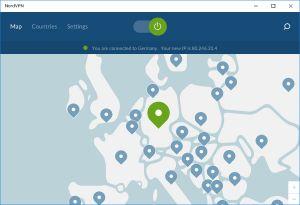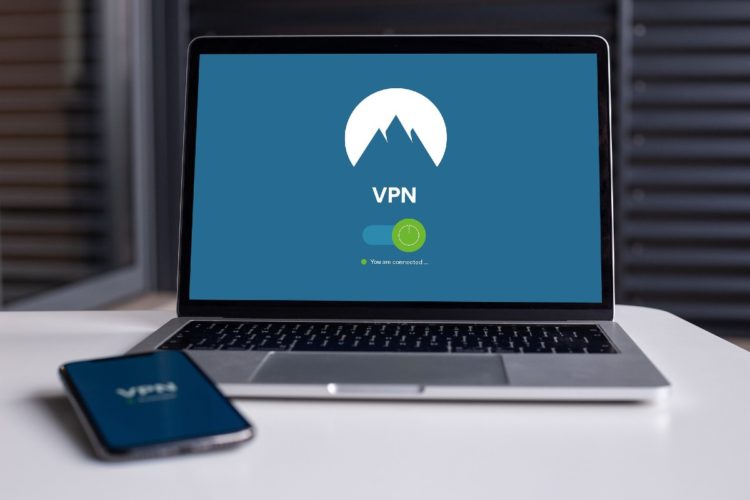The text below is an advertorial article that was not written by Cryptonews.com journalists.
Cryptocurrencies and privacy often go hand in hand, as the former was created in an effort to resist censorship. However, many cryptocurrencies don’t actually help you maintain your privacy beyond not sharing your personal data with authorities; transactions can still be traced back to you in a myriad of different ways. Thus, if you want to protect yourself from prying eyes, it is useful to take some extra precautions when transacting cryptocurrencies.
How Can VPNs Help?
First, to get the definitions out of the way: a VPN, or a virtual private network, works by extending a private network across a public network, enabling users to send and receive data across shared or public networks as if their computing devices were directly connected to the private network. In reality, a VPN simply connects you to another network that may be located somewhere else—for example, VPNs are often used to bypass geographical restrictions on certain online services.
However, since you’re connected to another network, tracing your activity back to you is harder than it would usually be. First, your actual IP address is hidden by the one provided by the new network. Many high quality VPNs, like NordVPN, use encryption to protect the data you’re sending from potential interception. All of these make it significantly harder for anyone peeking to find you.
Finally, perhaps the most important factor of them all is a no-log policy. Usually, your internet service provider (ISP) can see what you do online. When you use a VPN, your ISP doesn’t have access to that information—the VPN gets that honor instead. With countless ways this data could be misused, it’s important to know if the VPN provider keeps that data or not. A no-log policy means they do not. NordVPN is a market leader in this regard: as they keep no logs of your online activity, they can’t track what websites you’ve visited, how much data you’ve transferred, or whether you’ve downloaded anything—not even to “optimize your browsing experience,” as so many other services claim they’re doing.

Is Getting a VPN Worth It?
In short, if you value your privacy, yes. There are some free VPNs out there, but when you’re not paying for a service, the provider has to make up somehow. In most cases, this is by selling your private data—which means free VPNs don’t offer no-log policies as a rule. Paid VPNs are more private and secure by design, simply because they can afford to do so; and to stay competitive, they have to offer the best services in the industry.
Plus, when you do your research, check whether the VPN is legally obliged to provide your data to third parties. NordVPN is based in Panama, which means it does not fall under EU or US jurisdictions that may impose such rules.
What A VPN Cannot Do
There are some things not even the best VPN can handle. If complete privacy is your goal, you should look into additional services, separate from a VPN, to handle this. Additionally, if you decide to post revealing information online, there’s nothing a VPN or any other service can do for you.
VPNs should also not be used as a malware deterrent. If you decide to download malware, knowingly or not, a VPN can’t forbid you from doing so. This is why you should take care, but also use extra security measures.
In conclusion, should you use VPNs when trading crypto? That will depend on your own needs. But if you do, do your due diligence and choose wisely; there is a reason why NordVPN is widely considered one of the best offers in the industry. Covering 59 countries with more than 5,400 servers, it is best known for its robust cybersecurity features—and that’s exactly what you need if you take crypto security seriously.
Credit: Source link











































































































































